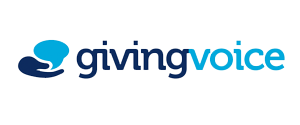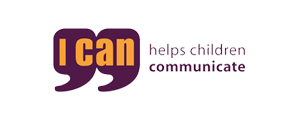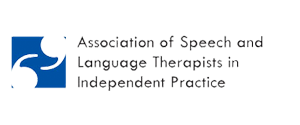What is Cleft lip and/or Palate?
A Cleft Lip and/or Palate is a split or a space in the upper lip, or the palate (roof of the mouth), or in some cases both.
A Cleft Lip and/or Palate can impact upon a child’s speech skills and feeding skills as children may have difficulties producing certain sounds, having the correct resonance or phonation as well as difficulties with eating and drinking.
Speech and Language Therapy can help reduce the level of difficulty your child is experiencing. A speech and language therapist can help ensure your child a safe experience during eating and drinking as well as creating an individualised programme to work on your child's speech difficulties.
How common is Cleft lip and/or Palate?
Research shows that Cleft Lip and/or Palate is the most common facial defect in the United Kingdom, with 1 in 700 children being born with some form of a cleft. 50% of those children have a cleft palate, 25% have cleft lip and a further 25% have both cleft lip and palate. A unilateral Cleft Lip and/or Palate is more common than a bilateral cleft lip / or palate, only 10% of those born with a Cleft Lip and/or Palate have a bilateral Cleft Lip and/or Palate. Of these Children, it is currently estimated that 50% will require Speech Therapy to support communication skills.
What are the signs of Cleft lip and/or Palate?
The symptoms associated with Cleft Lip and/or Palate will differ according to the type of cleft and its severity. Not all children will demonstrate these symptoms and the severity of symptoms will vary between children depending on their abilities. Symptoms include:
- Difficulty with feeding.
- Difficulty with eating, drinking and swallowing, potential chance of food coming out of the nose.
- Hyper-nasal speech or hypo-nasal speech.
- Chronic ear infections.
- Impaired speech development.
- Inaccurate production of sounds.
- Reduced speech intelligibility.
- Difficult to make distinctions in the child’s speech.
- Difficulties with voice including breathiness and hoarseness.
- Difficulties with communication.
How to support a child with Cleft lip and/or Palate?
Our speech and language therapists will work alongside you to create a therapy plan based around your child's individual support needs. Our therapists can carry out observation, assessment and therapy sessions at home, in school and clinic.








